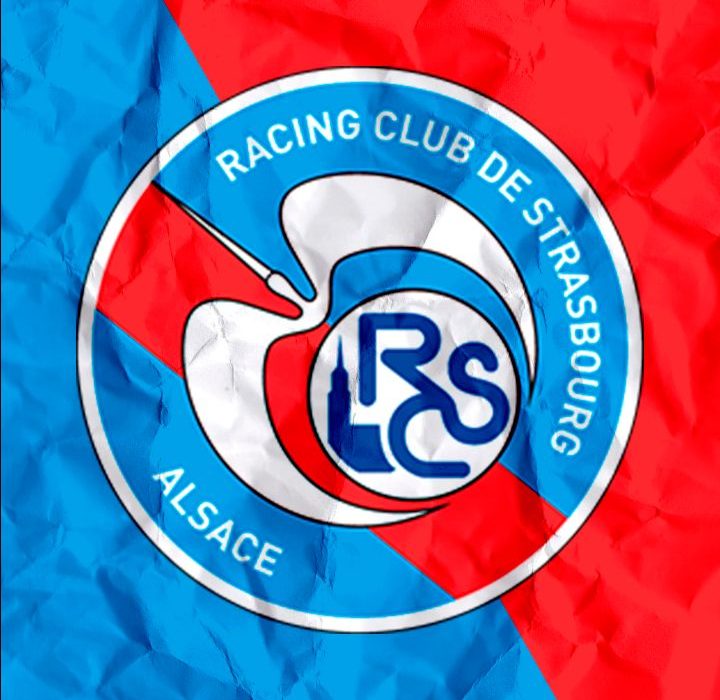A deep-seated divide has emerged within the passionate fanbase of French club Racing Club Strasbourg Alsace, with supporters engaged in what some local media have described as a “civil war” over the club’s ownership structure and identity.
The fracture stems from the 2022 acquisition of the historic Alsatian club by BlueCo, the same consortium that owns Premier League giants Chelsea FC. As the relationship enters its third year, tensions have escalated among supporters with competing visions for the club’s future.
“We are Chelsea B team – this is not the identity we fought to preserve,” read a banner prominently displayed during last weekend’s home match at Stade de la Meinau, representing one faction of the supporter base that fears the club is losing its unique character and independence.
The disgruntled supporters point to several developments that have fueled their concerns, including the significant player movement between the two clubs. Since the takeover, eight Chelsea players have arrived at Strasbourg on loan or permanent deals, while promising Strasbourg talents have moved in the opposite direction.
“Our recruitment strategy is increasingly dictated by Chelsea’s needs rather than our own sporting project,” explained Jean-Marc Weber, spokesperson for an influential supporter group opposing the current ownership structure. “The traditional identity of Racing is being eroded with each transfer window.”
However, the fan base remains deeply divided, with other supporters embracing the financial stability and increased resources that the BlueCo ownership has brought. Attendances at Stade de la Meinau have actually increased since the takeover, despite the vocal protests.
Those who complain forget where we were before – facing financial collapse and potential relegation,” counter-argued Catherine Muller, representing a pro-ownership supporter faction. “The investment has strengthened our infrastructure, youth academy, and position in Ligue .
Club officials have attempted to address these concerns through increased community engagement and emphasis on local traditions, but the philosophical divide appears to be widening rather than healing as the multi-club ownership model approaches its third anniversary.
Sports economist Dr. Ahmed Bakare told the interviewer : “What we’re witnessing at Strasbourg reflects a broader tension in modern football – the balance between financial sustainability through foreign investment versus preservation of unique club identities and traditions. There are legitimate perspectives on both sides.”
The controversy highlights the complex challenges facing traditional clubs absorbed into multi-club ownership structures, as supporters grapple with the evolving nature of football economics while striving to preserve the cultural heritage that makes their clubs distinct.
